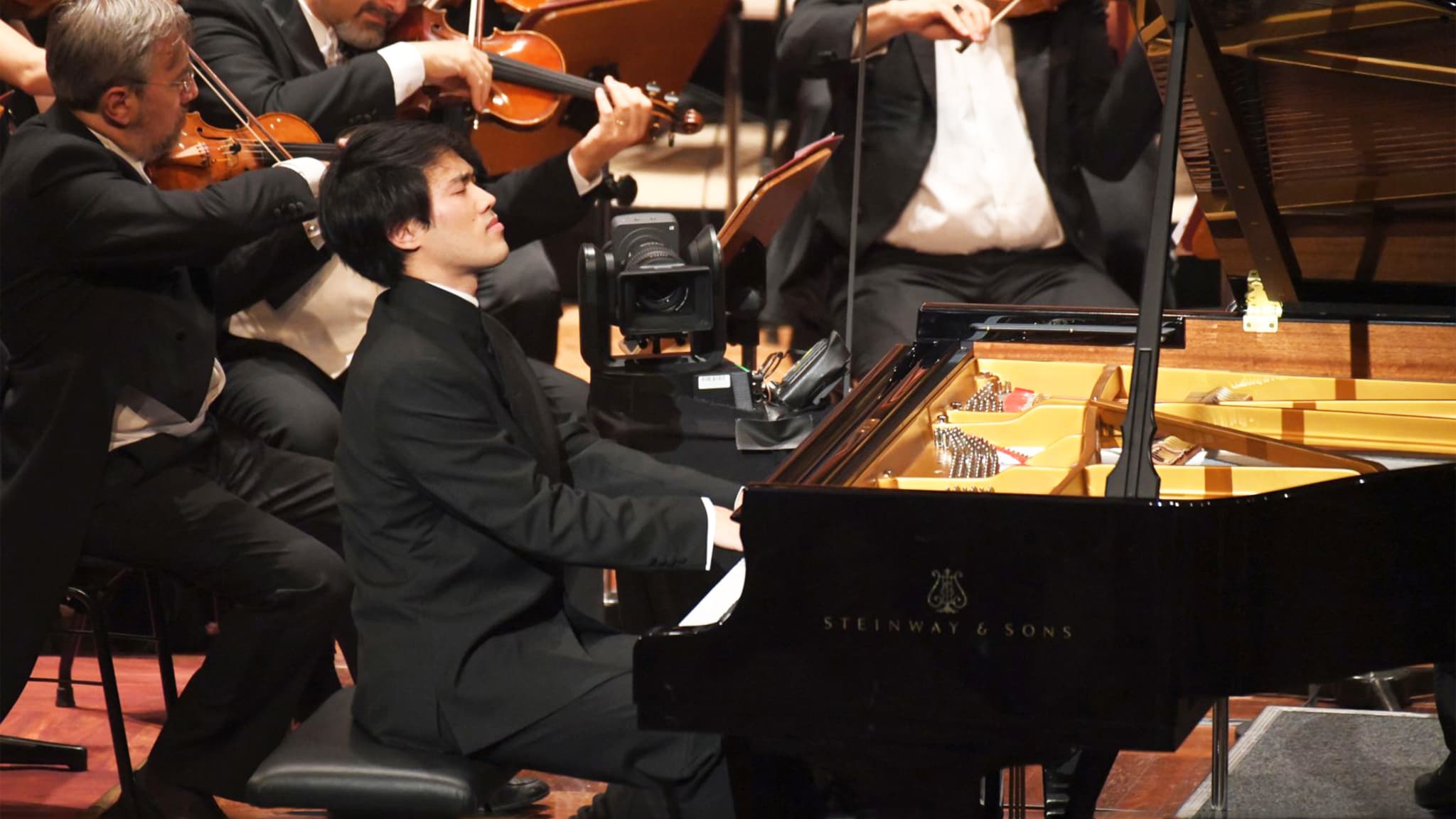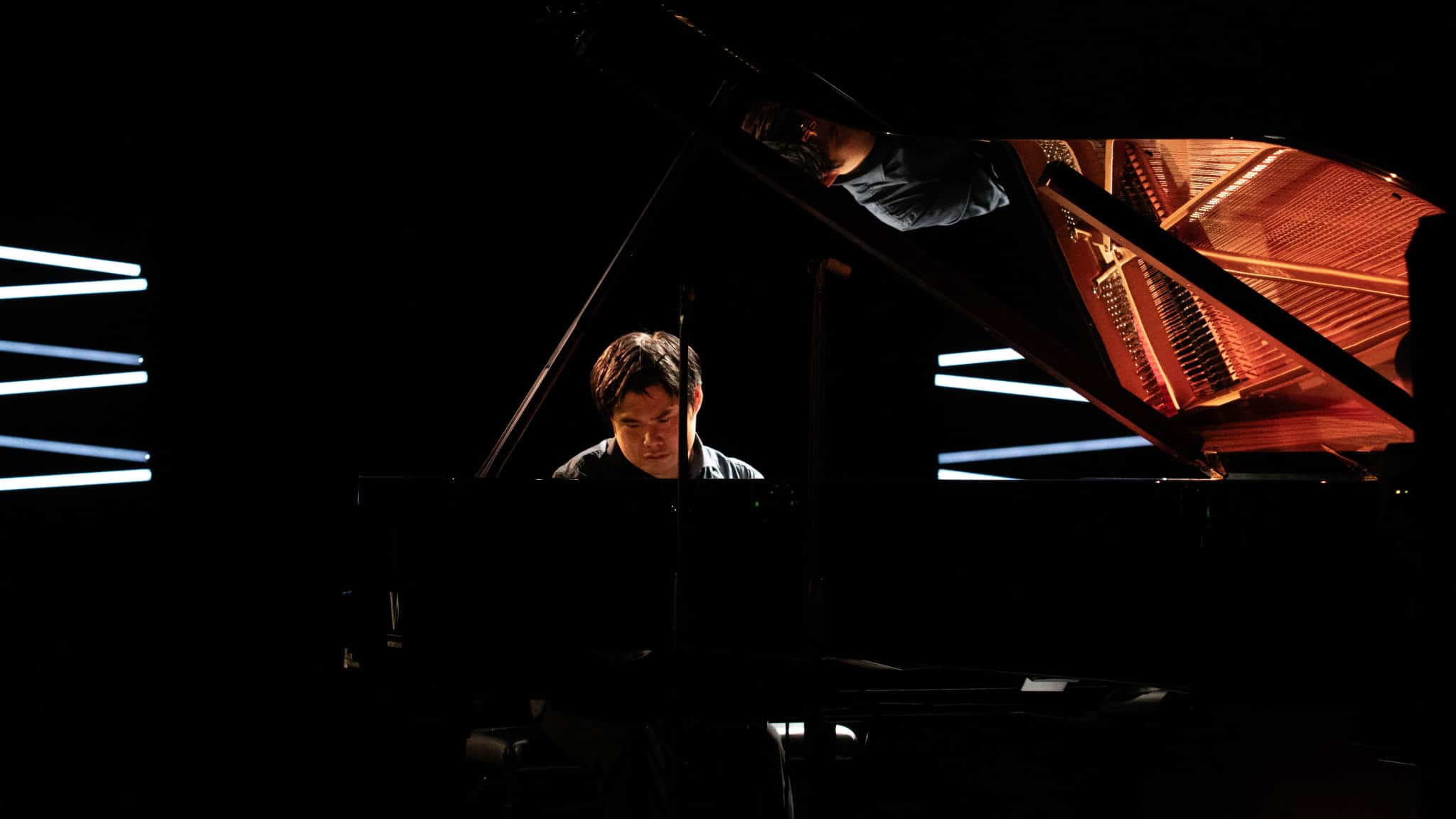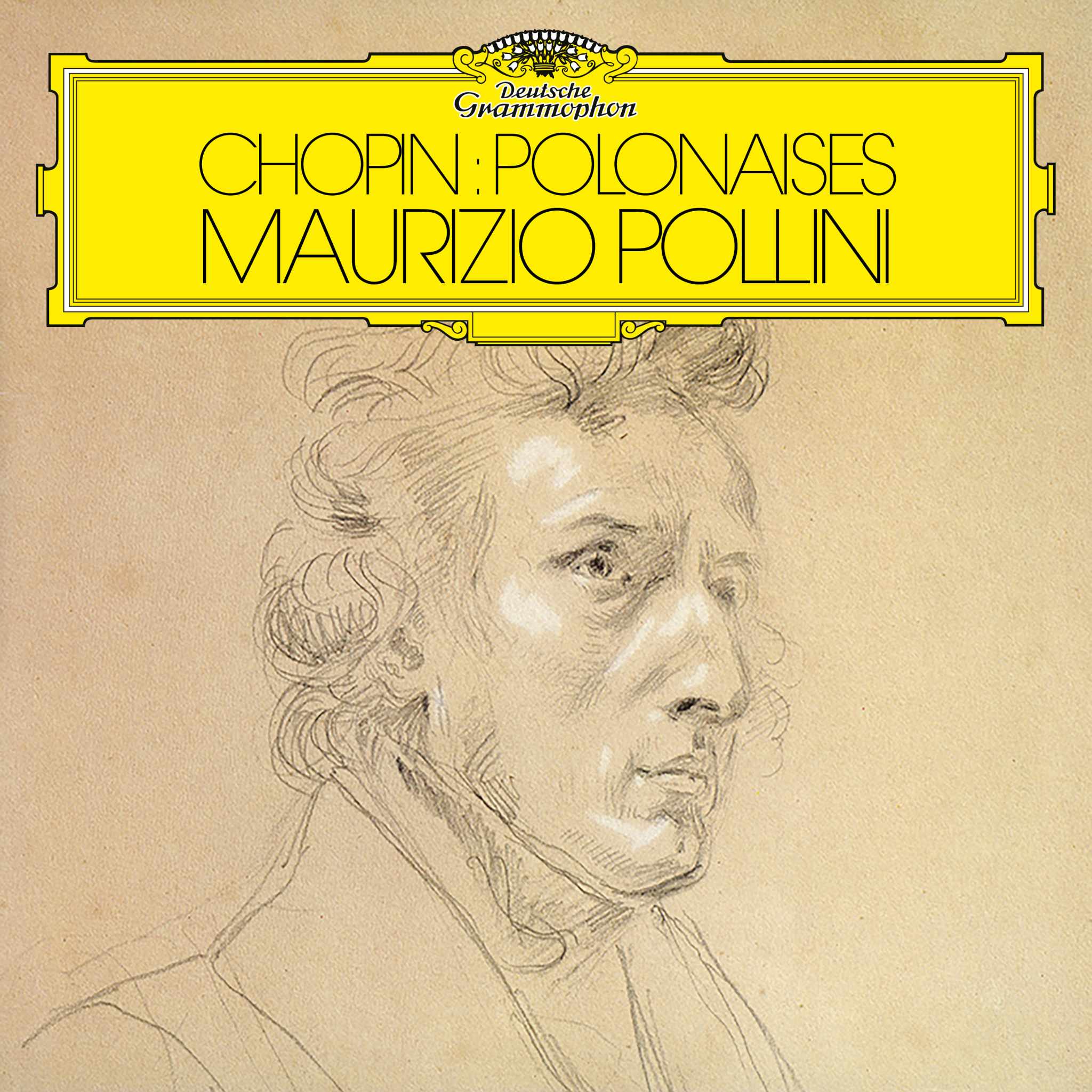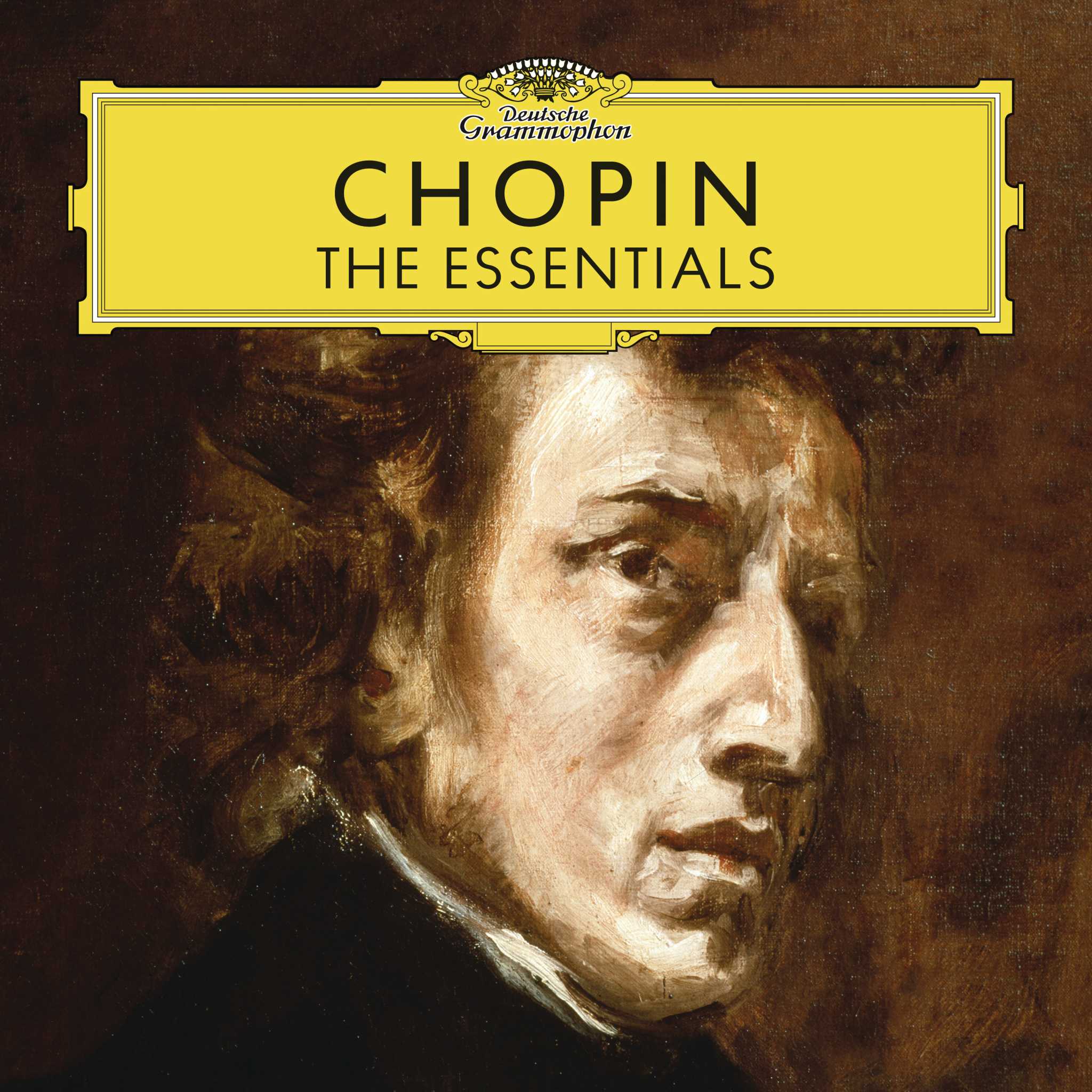The World of Frédéric Chopin: Concerts, Composer Insights & More
Dive into the world of Frédéric Chopin - from stage performances by renowned pianists across the globe to insights about the composer's life and work. Get all the information on upcoming concerts, reviews, artist profiles and more at STAGE+.
Upcoming Performances Featuring Frédéric Chopin by Top Artists
Stay tuned for information on upcoming performances featuring the works of Frédéric Chopin. Experience the magic of his music live, as interpreted by some of the world's top artists.
Life and Musical Journey of Frédéric Chopin
Frédéric Chopin stands as one of the most influential composers and pianists of the Romantic era. Renowned for the poetic depth and technical brilliance of his piano music, Chopin’s oeuvre reflects a remarkable range—from intimate miniatures to sweeping large-scale forms. His life, marked by paradoxes and artistic innovation, left a profound legacy on the world of classical music.
Born in Poland in 1810 to a Polish mother and French father, Chopin's exceptional talent was recognized from a young age. He left Poland less than a month before the November 1830 Uprising, at age 20, and settled in Paris a year later at 21. Here, he became a central figure in artistic salons, especially with the likes of Liszt and Delacroix. Chopin was renowned for his unique approach to rubato, rhythm, and tone. Many of his compositions began as improvisations and were shaped by the salon atmosphere. He was intensely private, rarely performing in large concert halls but frequently playing for intimate gatherings.
Artist Reviews & Insights on Chopin's Works
Discover in-depth reviews and insights into Chopin's works from acclaimed artists and music critics. Understand the nuances of his compositions and the impact they have had on classical music.
Exploring Chopin's Signature Compositions
Chopin composed almost exclusively for the piano, creating a distinctive catalog that includes pieces in nearly every major Romantic piano genre.
Études, Opp. 10 & 25 - Breaking Boundaries in Piano Music
Explore the technical brilliance and poetic depth of Chopin's Études, which broke new ground in piano music.
The Melodic and Emotional Depth of Chopin's Polonaises
Delve into the melodic and emotional depth of Chopin's Polonaises, a genre that he elevated to new heights.
The Unrivalled Nocturnes of Frédéric Chopin
Experience the unrivalled beauty and depth of Chopin's Nocturnes, a genre he perfected and made his own.
Tales Behind Chopin’s Famous Ballades
Discover the stories and inspirations behind Chopin’s famous Ballades, a genre he revolutionized.
Revolutionary Études, Op. 10: No. 12 by Chopin
Learn about the revolutionary Études, Op. 10: No. 12, a piece that showcases Chopin's unique approach to piano music.
Chopin's Dramatic Impromptu No. 1 in A Flat Major, Op. 29
Explore Chopin's dramatic Impromptu No. 1 in A Flat Major, Op. 29, a piece that showcases his innovative approach to rhythm and tone.
A Glimpse into Chopin's Piano Concerto No. 1: A Masterpiece of Romantic Era
Get a glimpse into Chopin's Piano Concerto No. 1, a masterpiece that stands as a testament to his genius and the Romantic era.




































